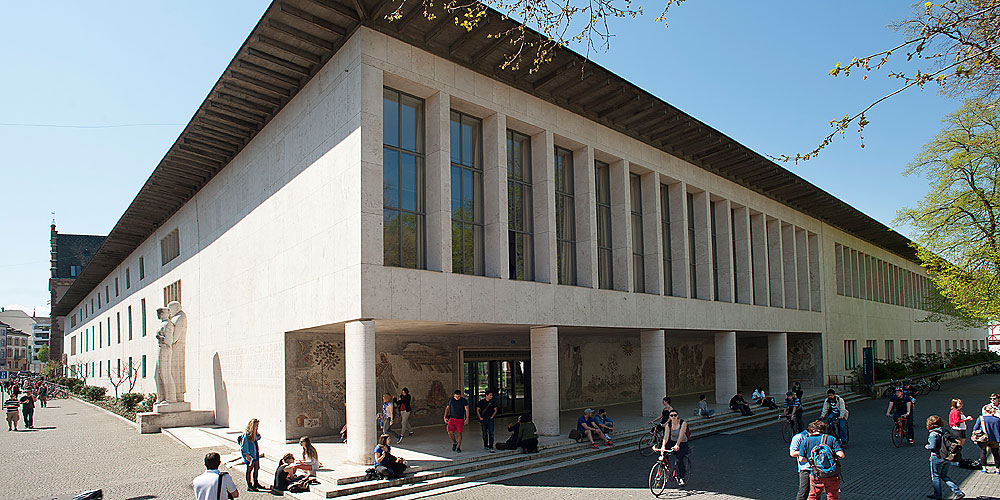Individuals can also experience feelings of ostracism in the digital world. Researchers from the Universities of Basel and Koblenz-Landau have studied how strongly people’s fundamental psychological needs are affected when they are not tagged on Instagram.

The Swiss National Science Foundation has awarded five new assistant professorships to the University of Basel. The projects supported under the Eccellenza program come from the fields of ophthalmology, psychology, digital humanities, urban studies and neuroscience.

Phages are viruses that infect bacteria. They can also play a role in the fight against antibiotic resistant pathogens. A research team from the University of Basel’s Biozentrum has now compiled a significant phage collection that scientists from around the world can use for research purposes.

Solar energy plays an important role in the fight against climate change as a substitute for fossil fuels. Dye-sensitized solar cells promise to be a low-cost supplement to the photovoltaic systems we know today. Their key feature is the dye sensitizers attached to their surface. Researchers at the University of Basel continue to improve the performance with sensitizers using iron – a commonly available and environmentally friendly metal.

Susan Gasser, professor emeritus of molecular biology at the University of Basel and former director of the Friedrich Miescher Institute for Biomedical Research, has been awarded an honorary doctorate by the University of Fribourg.

To form an organ, cells must communicate properly and develop their number, shape and size down to the smallest detail. A research team at the University of Basel investigates wing growth in the fruit fly and now has refuted a long-standing dogma.

Young people are less satisfied with their lives when they are stressed. Physical activity can counter this by helping to relieve stress. Researchers from the University of Basel found that intrinsic motivation plays a key role in this regard.

Viruses such as HIV or the pathogen that causes hepatitis C can overwhelm the immune system. One approach to developing vaccines for these chronic infections has until now been aimed exclusively at what are known as the memory B cells, a specific type of immune cells. Researchers at the University of Basel now report that these cells need the help of other memory cells to effectively defend the body against chronic viruses. This is an important finding in vaccine design.

A study by the Universities of Basel and Saarland shows that there is almost no risk of transmission of the COVID-19 virus on the field. They suggest that blanket quarantine measures for opposing teams are not justified if no close contact has taken place off the playing field.

